Content Warning: This story contains a physical assault reference.
When I fell pregnant with my fourth baby, my relationship was already breaking down. At just 10 weeks pregnant, I became a single mum of three and pregnant.
Alexander was not an unexpected pregnancy. He was deeply wanted, conceived through grief and healing after a previous abortion. His presence was meant to bring hope, a sense of something meaningful after so much pain. But very early into the pregnancy, everything became complicated.
At 19 weeks pregnant, I experienced a physical assault. This resulted in a partial placental abruption and changed the entire course of the pregnancy. I suddenly went from hopeful to terrified. I was no longer just preparing to welcome a baby, I was bracing myself for what felt like an ongoing emergency. My anxiety skyrocketed. I had constant intrusive thoughts, struggled to sleep, and felt my mind racing every time I tried to rest.
At 28 weeks, I tested positive for preterm labour. I was admitted to hospital and told I needed to stay. But I had no support. My three other children were at home and needed me. Against medical advice, I discharged myself from hospital. That decision has never left me. Not because I chose wrong, but because I should never have been forced to choose at all. I remember lying in the hospital bed, overwhelmed by fear, then the guilt of needing to leave, not because I wanted to, but because I felt I had no option.
Despite everything, Alexander’s birth was a turning point. After a category 1 emergency c-section and two previous traumatic births, his arrival was a vaginal birth after cesarean (VBAC), and it was empowering. It felt like a reclamation of my body and my voice. For the first time, I felt like I was heard, trusted, and respected during birth. It gave me back a sense of strength I had forgotten I even had.
But the challenges didn’t end there.
Alexander was born with laryngomalacia, a condition that made feeding and breathing difficult. He was also diagnosed with failure to thrive and eventually required a feeding tube. On top of that, he had cow’s milk protein intolerance (CMPI), which caused severe digestive discomfort. He screamed and cried non-stop, day and night. He was visibly in pain, and I felt completely helpless. It was heartbreaking and exhausting. I couldn’t put him down. I couldn’t soothe him. My arms ached, my mind frayed, and my heart broke a little more each day.
I learned how to do gravity feeds while still breastfeeding. I syringe-fed, held him upright, timed every feed, and pushed for referrals while trying to stay calm for the sake of my other children. I became his advocate, nurse, and full-time carer on top of everything else.
This wasn’t my first time facing medical complexity as a mother. My firstborn, Liam, required CPR at two weeks old and remained on oxygen for nearly a year. I had already lived through fear, feeding issues, hospital visits, and sleepless nights. But this time was harder, because I was doing it completely on my own. There was no tag team. No one to tap in at 2am.
I didn’t realise I was experiencing postnatal anxiety and depression until I was deep in it. I thought I was just tired, or overwhelmed. But the crying spells, the guilt, the constant chest tightness, and the feeling that something was wrong all the time were louder than logic. I felt disconnected from everything, even my own body. I loved my baby, but I didn’t feel present. My days blurred into nights, and I constantly questioned if I was enough.
People told me I was strong. But I didn’t feel strong. I felt stretched. I felt like I was just barely holding everything together. And I was scared, all the time.
What I needed was someone to see me. To look past the baby’s weight chart or the boys’ behaviour and ask how I was managing. How I was really coping. The truth is, I wasn’t. I was surviving, and doing so alone.
But I wasn’t broken. I wasn’t failing. I wasn’t a bad mother. I was navigating trauma, grief, isolation, and complex care responsibilities with no village and no rest.
I know what it’s like to walk into a hospital with a brave face while screaming on the inside. To bounce between medical appointments, Centrelink, daycare drop-offs, and trying to maintain the appearance of doing fine when everything is falling apart. I know the fear of asking for help, and the shame that sometimes comes with needing too much.
That’s why I’m sharing my story, because I know I’m not the only one. There are other mothers out there who are being called strong when what they really need is support. There are other stories like mine — raw, real, and worthy of being heard.
If I had known perinatal mental health support was available and accessible, I would have reached out for it. But I didn’t know or worse, I assumed I wouldn’t qualify. My experience could have been less about survival and more about healing.
Layla's Story
Please submit your details below and we will be in touch soon.
Related Fact Sheets

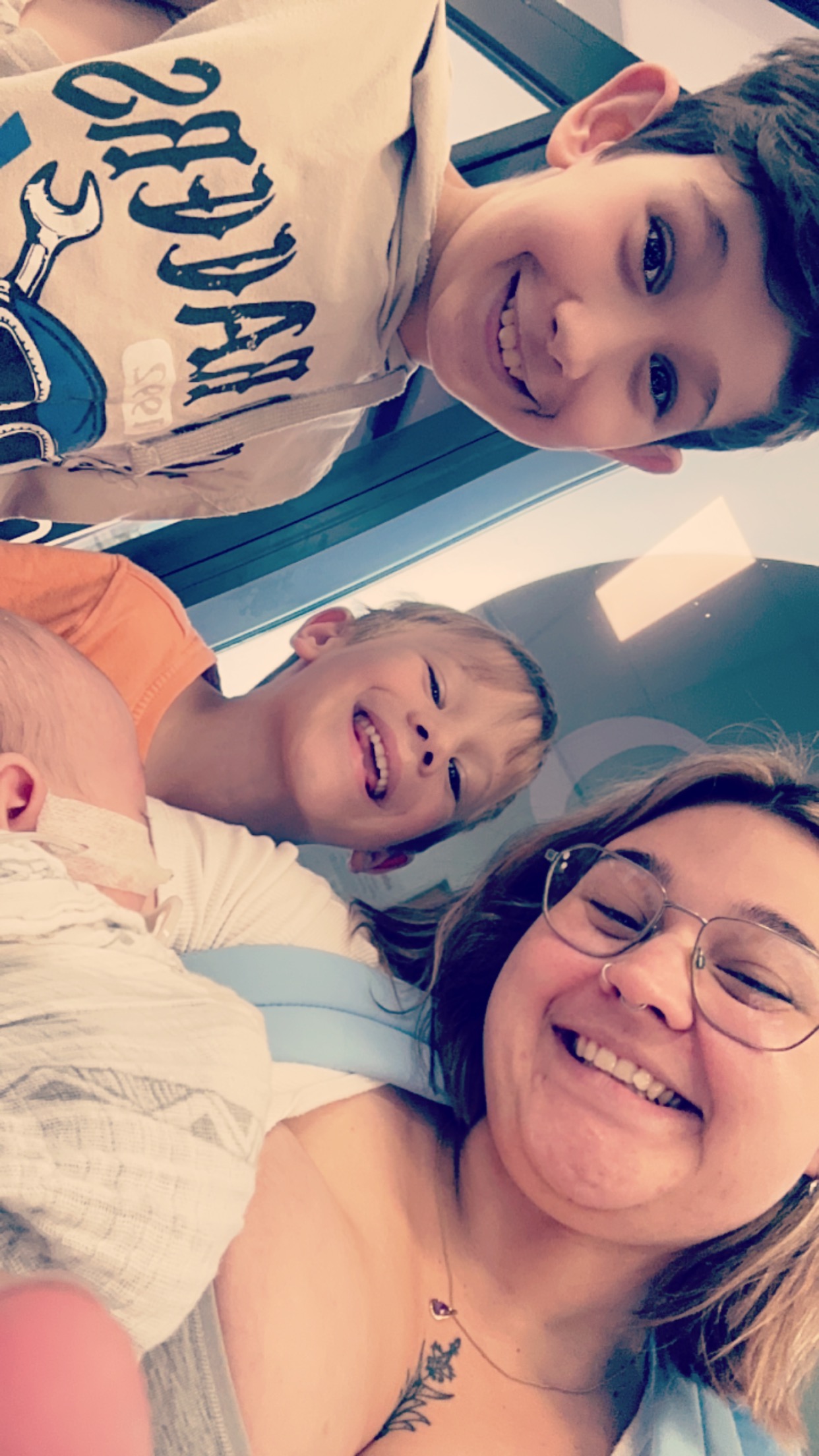
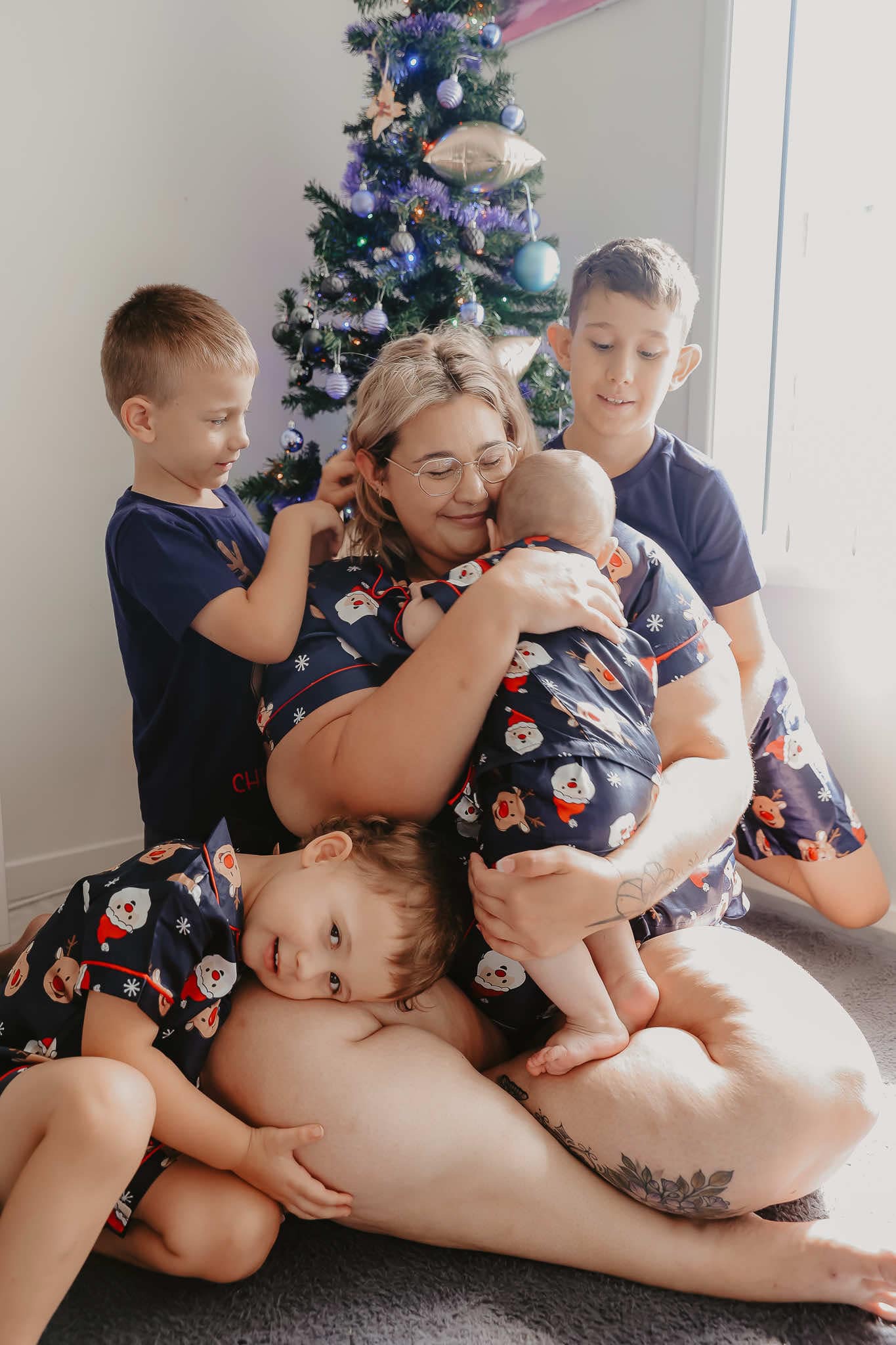
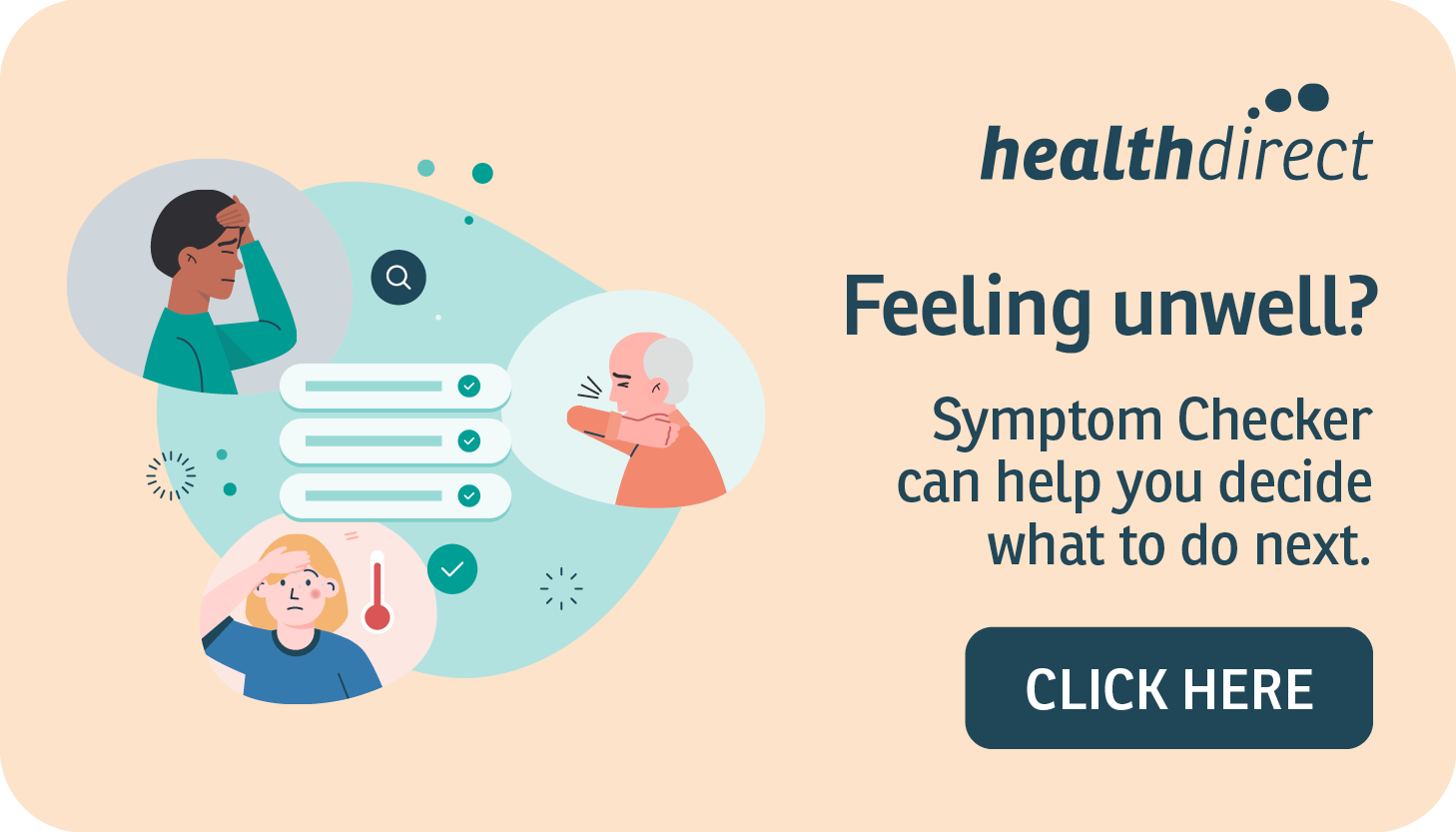







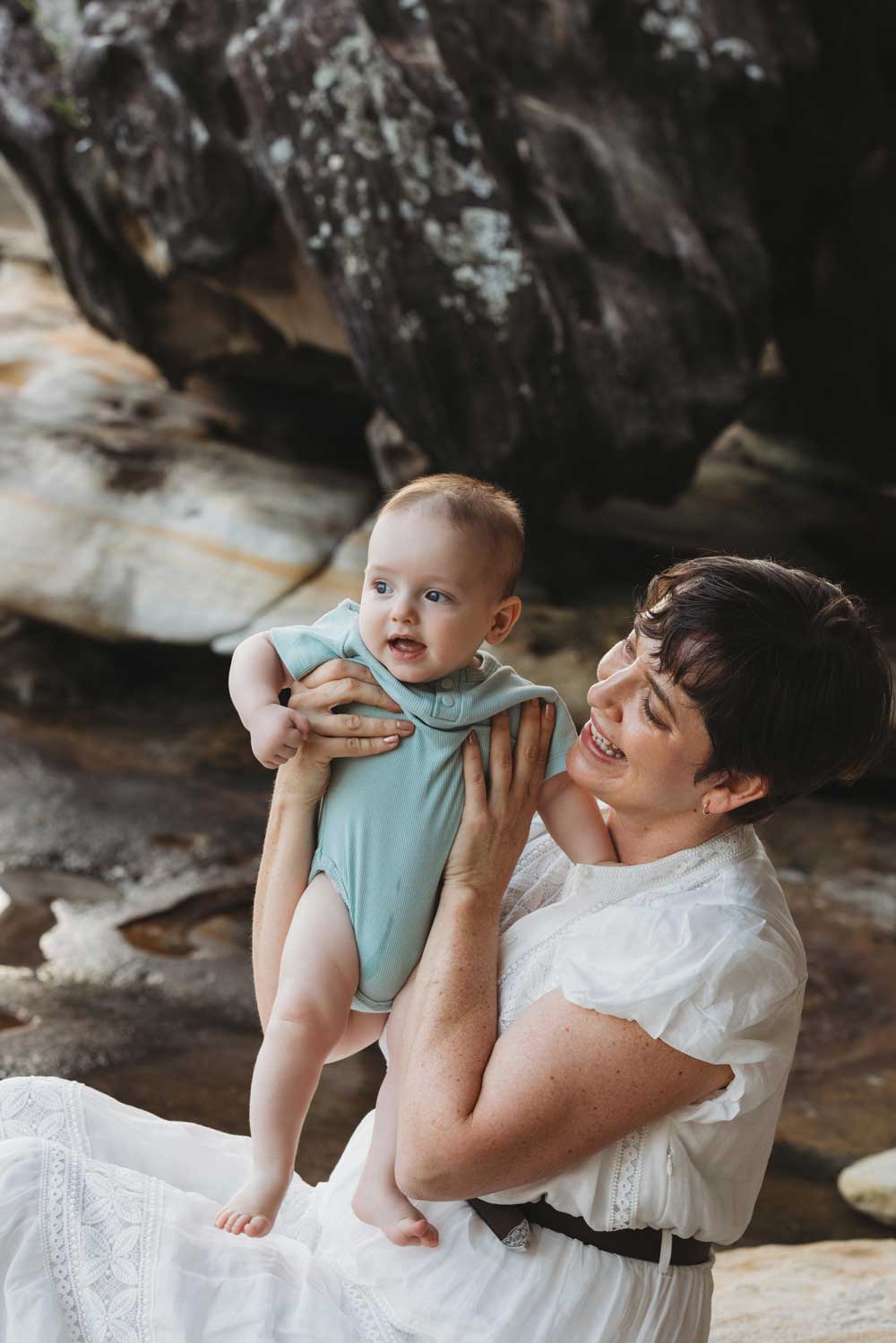










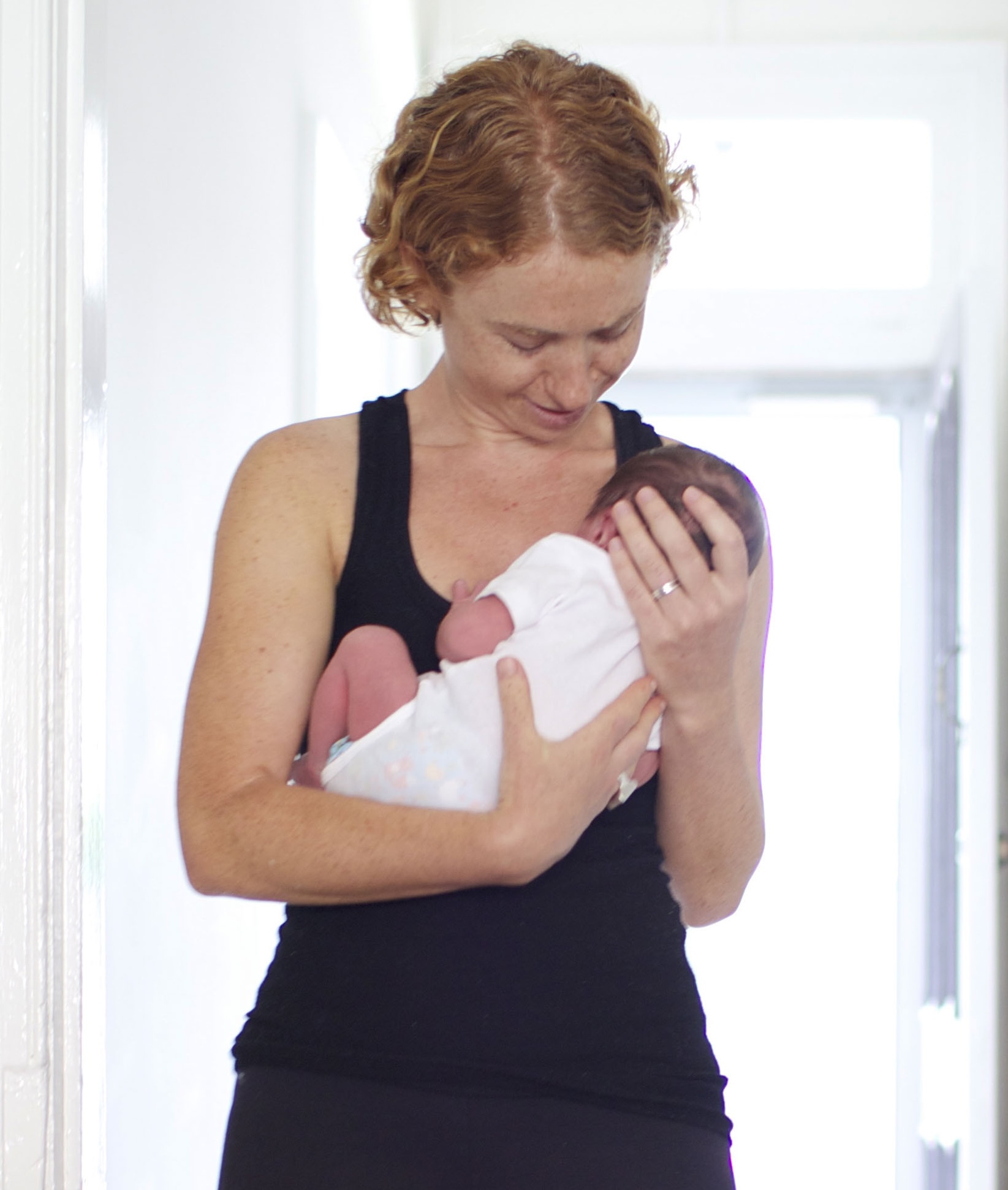





.png)

